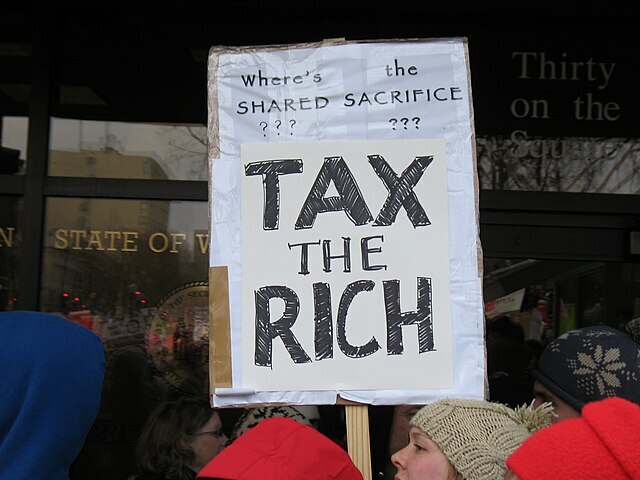North Carolina state government continued to have strong finances seven months after the economy first began to slow in March. Strong sales tax revenues should bode well for local governments. Some vacation communities also had surprisingly strong occupancy tax revenues this summer as North Carolinians chose state beaches instead of cross-country adventures.
Other states have also maintained strong government finances despite everything. With each month, the apparent need for another federal bailout of state and local governments grows smaller. The same cannot be said for businesses and families affected by excessive government restrictions.
October General Fund revenue outpaced 2019 collections by $158.6 million, reaching $2.27 billion. Because income tax filing and payment deadlines fell to July from April, the fiscal year overall is about $1.5 billion ahead of last year, which suggests revenue for the year should finish well ahead of the $23.5 billion forecast in May.
Looking at the period from April through October, to equalize the income tax delay, revenue is just $50 million behind the $15.98 billion raised last year when the state was on pace to collect more than $25 billion for the General Fund.
State appropriations were also lower in October and through the first four months of the fiscal year. As a result, year-to-date expenditures fell to $6.55 billion compared to $6.96 billion in 2019, though total spending from all sources is $899 million higher. The Coronavirus Relief Fund (CRF) explains the difference. It contributed $3 billion in other receipts in October. Its contribution is most visible in the Department of Public Safety, which returned $75.8 million to the General Fund last month. Unfortunately, the Office of State Budget and Management and the North Carolina Pandemic Relief Office have not yet provided an accounting of CRF expenditures.
In my latest research paper, I make the case for a constitutional tax and expenditure limit as a way to improve the sustainability of state government finances. Unlike in the wake of the last two recessions in 2000–2001 and 2007–2009, state government has not needed to furlough or permanently cut state employees. Instead, Cooper spent down $500 million from unreserved fund balance that had accumulated by March.
As John Hood recently wrote, “That North Carolina isn’t facing a fiscal crisis is no accident. It reflects years of prudent budgeting by the General Assembly.” Prudent budget practices built a Savings Reserve balance of $1.2 billion and preserved a $1.5 billion fund balance that Cooper would have spent entirely in August.
All of this indicates the case for optimism continues to strengthen. Budget writers should nevertheless be cautious about adding spending commitments, however. It is still not clear what the long-term damage will be from trillions in new federal borrowing and thousands of permanently closed businesses. We have been through enough hurricanes in this state to know that surviving the storm surge is only the first part. Sometimes the real damage comes from the flooding after.


